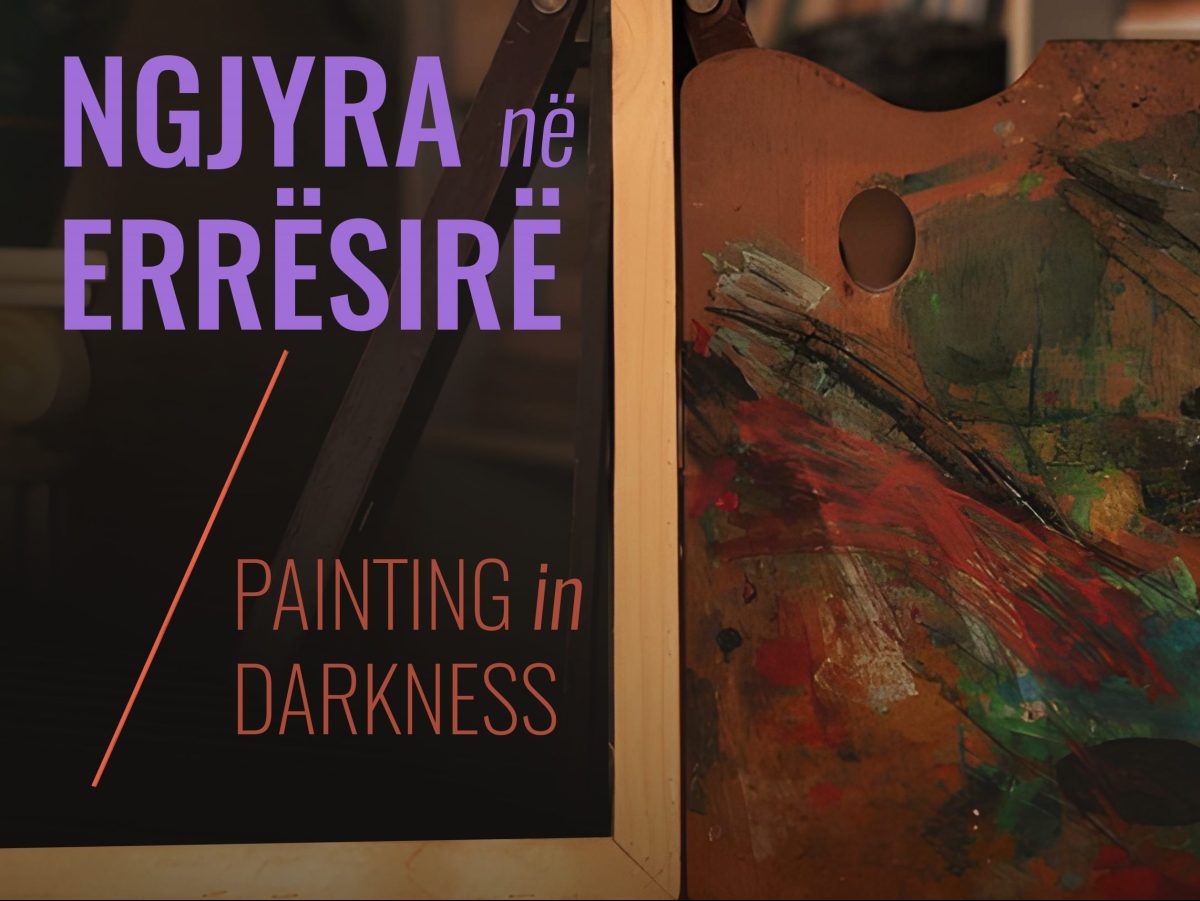The programme offers plenary sessions, panel discussions and workshops aimed at empowering, educating and contributing to greater engagement in the field of digital rights in the Western Balkans. This marks the third year of the IFM organised as part of the Reporting Digital Rights and Freedoms project.
The documentary is competing in the International Documentary Film Competition category.
With the 2025 theme “Roads to Freedom,” this Polish festival has, for years, been dedicated to cinema exploring history, freedom, and post-communist and post-dictatorial realities, becoming an international hub for this film genre.
The festival has a unique character, filling a thematic gap compared to major festivals by giving voice to “unwritten” experiences and personal stories of freedom, resistance, identity, internment, and memory.
Over the five days of this year’s edition, around 100 documentary and feature films are expected to be screened.
The short documentary “Painting in the Darkness,” directed by Elton Baxhaku, with screenplay by BIRN Albania journalist Blerina Gjoka, focuses on the story of Lulzim Beqiri, a painter imprisoned during the communist era because his art did not conform to the ruling party’s ideology.
Beqiri was arrested in February 1977 for “agitation and propaganda,” and his paintings were used against him in court as evidence of his opposition to the communist regime. Around 40 canvases he painted in 1976 were confiscated by the authorities.
Forty-six years later, Beqiri was able to recover two of his works thanks to Astrit Jegeni, an archive employee who had saved them.
The festival is organized by the organization “Culture Stage” and the city of Gdynia and supported financially by the Ministry of Culture and the Polish Institute of Film.
